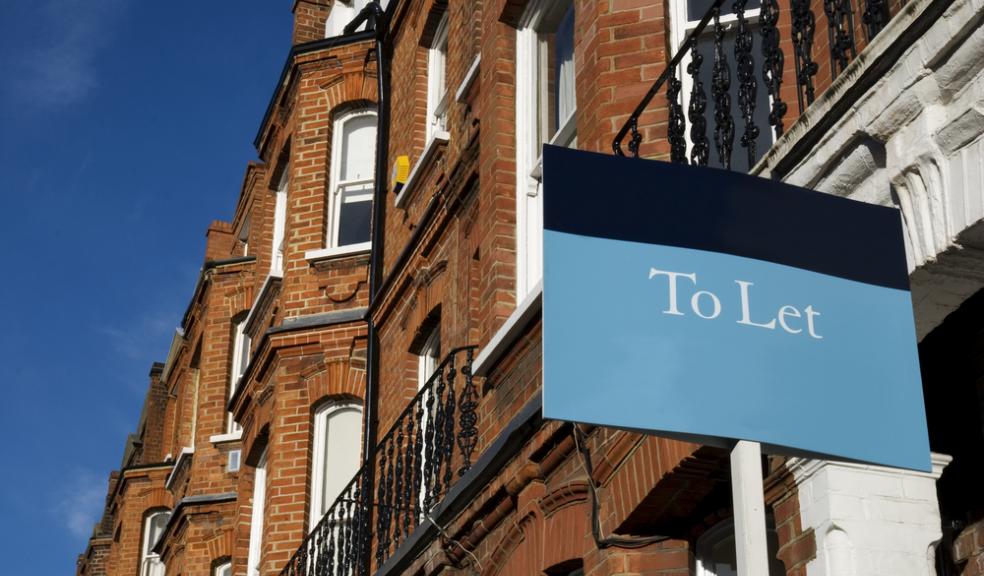
Right to rent checks introduced for landlords
The Government has announced that from 1 February 2016, all private landlords in England will have to check new tenants have the right to be in the UK before renting out their property.
Under the new rules, landlords who fail to check a potential tenant’s ‘Right to Rent’ will face penalties of up to £3,000 per tenant.
The new law will mean that private landlords, including those who sub-let or take in lodgers, must check the right of prospective tenants to be in the country to avoid being hit with a penalty.
Right to Rent was introduced in the Immigration Act 2014 as part of the Government’s reforms to build a fairer and more effective immigration system. The first phase was launched in parts of the West Midlands, and today’s announcement is the next stage of the scheme’s national roll out.
Immigration Minister James Brokenshire said:
“Right to Rent checks are quick and simple, and many responsible landlords already do them as a matter of routine. We are providing landlords in England with all the advice and support they need before the checks go live on 1 February 2016.
“The new rules are part of the Immigration Act 2014 which introduced measures to reform the immigration system. Right to Rent is about deterring those who are illegally resident from remaining in the UK. Those with a legitimate right to be here will be able to prove this easily and will not be adversely affected.
“The Government’s new Immigration Bill builds on the reforms in last year's Act, making it harder for people to live and work in the UK illegally. The Bill proposes new measures to make it easier for landlords to evict illegal tenants as well as a new criminal offence targeted at unscrupulous landlords who repeatedly fail to carry out Right to Rent checks.”
The phased introduction of Right to Rent, starting in the West Midlands, was to allow time to assess how the measures work in practice and to carry out an evaluation, which has also been published today. An expert panel, including the Equality and Human Rights Commission, as well as representatives of landlords and letting agents, local authorities, and Crisis (the homelessness charity) has worked with the Government on the implementation and evaluation of the scheme.
Under Right to Rent, landlords should check identity documents for all new tenants and take copies. The scheme has been designed to make it straightforward for people to evidence their right to rent and a range of commonly available documents can be used.
The checks are backed up by codes of practice – including guidance on avoiding unlawful discrimination which was drawn up with the assistance of the Human Rights Commission.
Simple guidance to help both landlords and tenants understand the new rules is on GOV.UK. If a potential tenant has an outstanding immigration application or appeal with the Home Office, landlords can conduct a check on that person’s ‘right to rent’ via the Landlords Checking Service.
Landlords in the phase one area (Birmingham, Dudley, Sandwell, Walsall and Wolverhampton) should continue to make the checks as they have been doing from 1 December 2014 – a postcode checker is available for people in these areas to find out if their rental property is affected.











